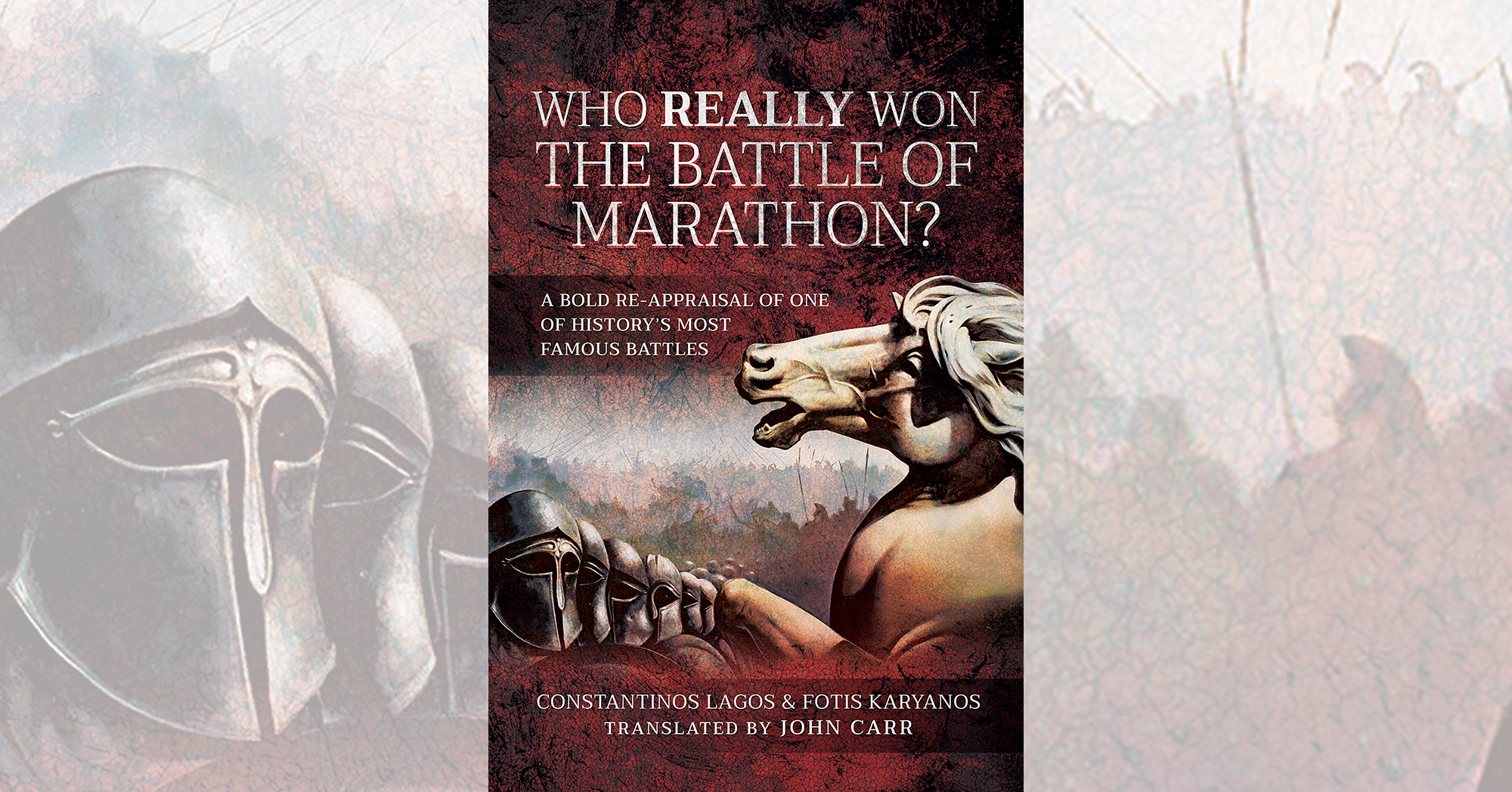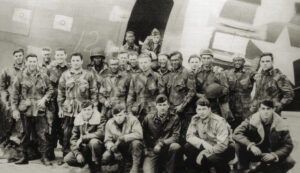Who Really Won the Battle of Marathon? by Constantinos Lagos and Fotis Karyanos, Pen & Sword Military, Yorkshire, U.K., and Havertown, Pa., 2020, $34.95
In this reappraisal of one of history’s most decisive battles Greek scholars Constantinos Lagos and Fotis Karyanos have done admirable research. Almost a third of the book is taken up by the bibliography and notes, while the illustrations are impressive.
Herodotus devoted only a dozen or so lines to the pivotal events that September 490 BC—after all, he was a cultural rather than military historian. Yet the resulting paucity of firsthand information hardly inhibited subsequent writers from placing their own interpretation on events that day.
The six miles of gently curving shore at Marathon, on the east coast of mainland Greece, is where the Persian fleet landed. As to the Persian army—of which Herodotus only writes the “foot soldiers were many and well supplied”—its size has occasioned much conjecture across the centuries. Authors Lagos and Karyanos suggest between 20,000 and 25,000 men, facing a similar number of Athenians and Plataeans.
Thanks to a wealth of new information, it is known the Persians controlled the greater part of the plain, while the Greeks occupied the slopes of Mount Agrieliki. The mount remains largely untouched, the authors noting that “a visitor is able to go where one of the brightest pages of world history was written 2,500 years ago.”
If the Greeks were to triumph, it was essential they first neutralize the formidable Persian cavalry. This they accomplished by luring the horsemen onto marshland. Though by late summer the marsh looks to be dry land, the Persian horses churned up the ground, dissipating the charge, before coming under attack by Greek archers. The Persian dead numbered some 6,400, and the Athenian dead just 192.
The legendary runner who carried news of the battle to Athens at the close of that fateful day was most likely named Pheidippides, whom Herodotus mentions only as a “day-runner.” According to Plutarch and Lucian, he spoke the words, “Joy, we win!” and promptly collapsed, his feat later commemorated by the Greek marathon of athletic events.
—David Saunders
This post contains affiliate links. If you buy something through our site, we might earn a commission.





